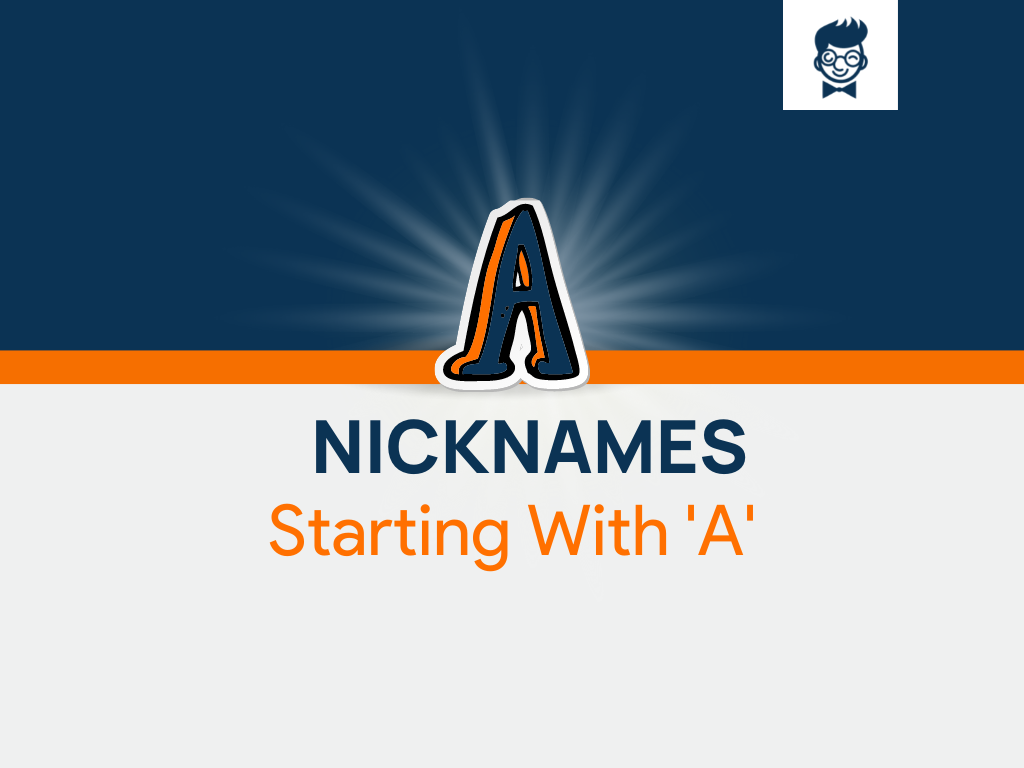Definition and Origin of “Sobriquet”

A sobriquet is a nickname, but not just any nickname. It’s a special kind of nickname that often has a deeper meaning or significance, often highlighting a person’s character, personality, or a particular trait. It’s a term that’s been around for centuries, and its history is as interesting as the nicknames it describes.
Etymology and Historical Development
The word “sobriquet” originates from the French word “sobrequet,” which itself comes from the Old French word “sobrequet.” “Sobrequet” was used in the 14th century to describe a “nickname,” and it gradually evolved into the modern “sobriquet.” The word’s etymology reflects its connection to nicknames, highlighting the term’s long history and its significance in language and culture.
Examples of Sobriquets Throughout History
Throughout history, people have been given sobriquets for various reasons. Here are some notable examples:
- William the Conqueror, the first Norman King of England, was given the sobriquet “William the Conqueror” after his successful invasion of England in 1066. This sobriquet reflects his military prowess and his historical significance.
- Richard the Lionheart, King of England, was given the sobriquet “Richard the Lionheart” for his bravery and military skill. This nickname reflects his reputation as a fearless warrior and a skilled military leader.
- “The Iron Lady”, a sobriquet given to former British Prime Minister Margaret Thatcher, reflects her strong leadership style and her unwavering commitment to her beliefs.
Definition of “Sobriquet”
A sobriquet is a nickname, often given to a person, place, or thing, that is distinctive and memorable. It is typically a descriptive term that highlights a characteristic, trait, or notable feature of the subject. Sobriquets can be humorous, ironic, or even affectionate, depending on the context and the intention of the person using the term.
Types of Sobriquets

Sobriquets are not just random nicknames; they are often carefully chosen and reflect various aspects of a person’s character, achievements, or even their appearance. To understand the full spectrum of sobriquets, it’s helpful to categorize them based on their nature and purpose.
Nicknames
Nicknames are informal names given to a person, often based on their personality, appearance, or a specific characteristic. They are usually used by friends and family, creating a sense of familiarity and closeness. Nicknames can be affectionate, humorous, or even teasing, but they are rarely used in formal settings.
- Example: “Big Al” might be given to someone who is tall, while “Tiny Tim” could be given to someone who is short.
- Purpose: Nicknames often serve as a way to express affection or humor, and they can help to create a sense of camaraderie and belonging.
Aliases
Aliases are assumed names used to conceal one’s true identity. They are often used for privacy, security, or even for illegal activities. Aliases can be completely different from a person’s real name or they can be variations of their real name.
- Example: A writer might use a pen name to protect their privacy, while a criminal might use an alias to avoid detection.
- Purpose: Aliases are used to protect identity, maintain anonymity, or to deceive others.
Epithets
Epithets are descriptive phrases or adjectives used to characterize a person’s qualities, achievements, or even their flaws. They are often used in literature, poetry, and historical accounts to provide a vivid and memorable description of a person.
- Example: “Alexander the Great” is an epithet that highlights Alexander’s military prowess, while “William the Conqueror” emphasizes his role in the Norman conquest of England.
- Purpose: Epithets serve to create a lasting impression of a person and their achievements, often conveying a specific quality or trait.
Honorifics
Honorifics are titles or terms of respect used to address or refer to a person. They are often used in formal settings and reflect the person’s social status, profession, or achievements.
- Example: “Doctor” is an honorific used to address a physician, while “Professor” is used for a university teacher.
- Purpose: Honorifics are used to show respect and deference, reflecting the person’s position or achievements.
Usage and Significance of Sobriquets: Define Sobriquet

Sobriquets, those catchy nicknames that stick, are more than just fun and games. They weave their way through history, literature, and everyday life, adding layers of meaning and impact. From Shakespeare’s characters to historical figures, sobriquets can shape perceptions, build reputations, and even influence the course of events.
Sobriquets in Literature
Sobriquets are often used in literature to enhance character development and create memorable figures. Authors use them to emphasize specific traits, highlight personality quirks, or even symbolize a character’s journey. For example, in Shakespeare’s “Romeo and Juliet,” Romeo is known as “Romeo Montague,” while Juliet is called “Juliet Capulet.” These sobriquets immediately establish their family ties and the context of their forbidden love.
Sobriquets in History
Throughout history, individuals have been given sobriquets that reflect their achievements, personalities, or even their flaws. For instance, “The Great” was added to the name of Catherine II of Russia, highlighting her significant contributions to the empire. Similarly, “Iron Lady” became synonymous with Margaret Thatcher, emphasizing her strong leadership style. These sobriquets became integral parts of their historical narratives, shaping how they are remembered.
Sobriquets in Popular Culture
Sobriquets are prevalent in popular culture, often used to create memorable personas for celebrities, athletes, and musicians. These nicknames can be playful, ironic, or even controversial, adding another layer to their public image. Take, for example, “The King” for Elvis Presley, a moniker that solidified his status as a music legend. Or “The Rock” for Dwayne Johnson, which embodies his powerful presence and charisma.
Sobriquets in Everyday Life, Define sobriquet
Beyond the realms of literature, history, and pop culture, sobriquets are also common in everyday life. Friends, family, and colleagues often use nicknames to create a sense of intimacy and familiarity. These nicknames can be based on physical characteristics, personality traits, or even shared experiences. While some nicknames are affectionate and playful, others can be more serious or even critical, reflecting the dynamics of a relationship.
Define sobriquet – A sobriquet, or nickname, can be a delightful and unexpected addition to one’s identity. It often reflects a unique aspect of a person, their personality, or a memorable event. This quirk of language, much like the striking meaning behind a carefully crafted poem, can offer a deeper understanding of the individual.
So, the next time you encounter a sobriquet, take a moment to ponder its origins and the subtle yet powerful story it tells.
Let’s face it, sometimes a name just doesn’t quite capture the essence of a person. That’s where a “sobriquet” comes in, a nickname that goes beyond the mundane and delves into the realm of personality, quirks, and maybe even a touch of mischief.
If you’re looking for a deeper understanding of this playful moniker, you can find a detailed explanation on the website define sobriquet. So, next time you hear a nickname that truly fits someone, remember, it might just be a “sobriquet” in action.